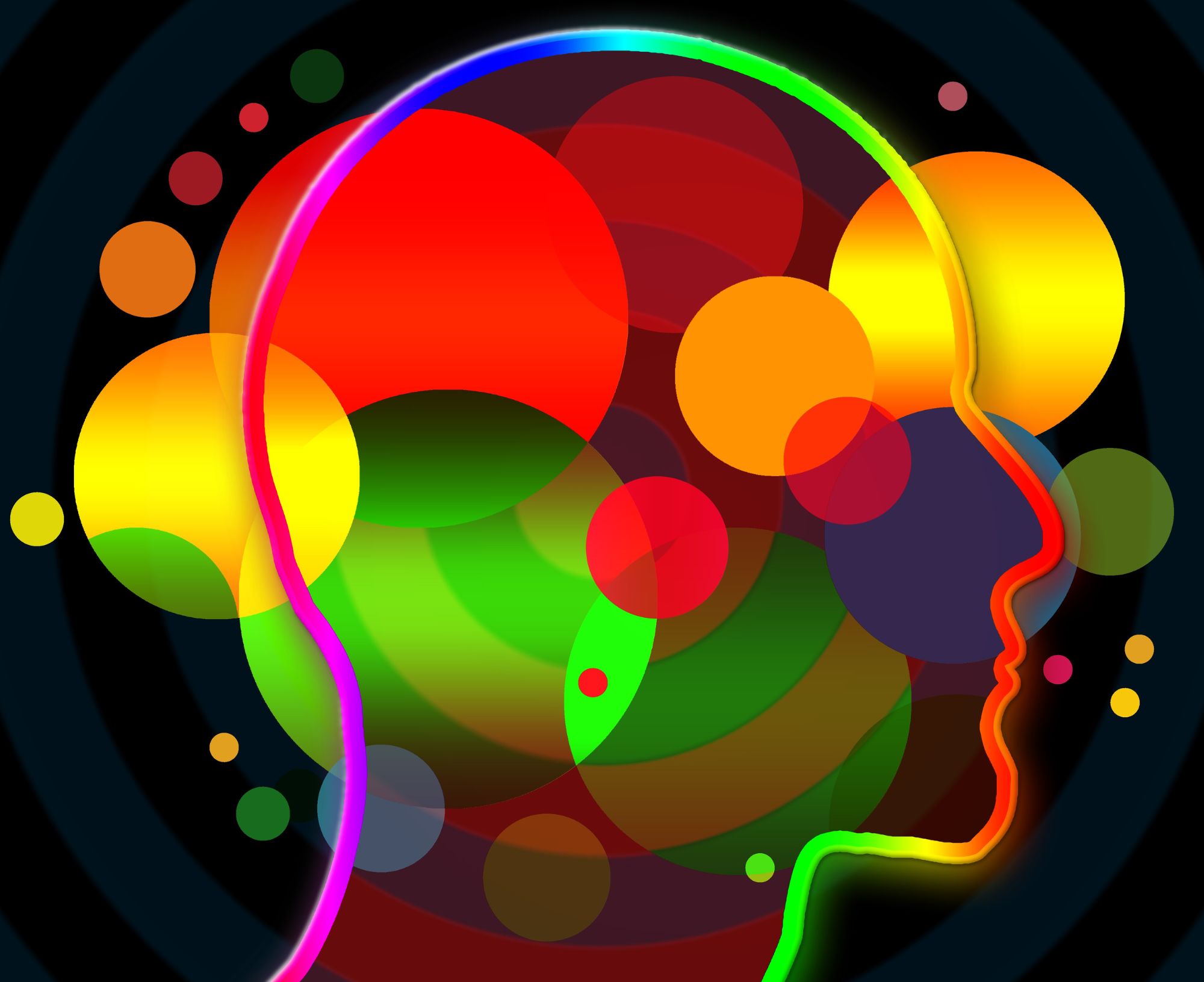
Living With Mental Health: My Story
Mental and emotional health are something we all have – and something we all need to look after, protect, and develop. Whether you’ve got what is defined as a ‘mental illness’ or not, you’ve still got your mental health.
I am currently in therapy. I get support from an organisation called London Accessible Independent Psychotherapy Service, which specialises in supporting ill and disabled people, and those close to us. I had a lot of counselling as a teenager and young adult – but if you’d asked me a few years ago, I’d have said I was done with therapy and counselling and was just getting on with my life. What I didn’t realise was the extent to which I actually needed psychological support to do that.
When my disability progressed, my pain management was poor, I was constantly exhausted, and I saw no real way to change my life. This made me very depressed. I thought a good day was watching a few episodes of Bones and I sat in bed staring at the wall, visited 3x daily by carers. I was isolated, lonely, and unsupported. Depression can be circumstantial, and can be a logical response to one’s situation, but it can also then become part of the problem – I was more aware of my pain and limitations because I was depressed, and the worse they seemed, the more depressed I became. I didn’t ever see myself as working, and had broadly given up on life.
Something changed.
I read an incredible article. It was by a very depressed man who argued that depression resulted from a restriction in choices available to one, and a feeling that one couldn’t affect one’s own life. He said that when he was very depressed and all he could do was click his fingers, he would decide to do that, click them, and have a sense of accomplishment. He’d beaten the depression by clicking his fingers. He’d proven to himself that he’d made an active choice.
How did I embed this into my life?
You don’t have to be able to click your fingers – I can’t. It was about actively choosing to do something to affect your environment, then carrying that through. It was learning that I wasn’t helpless.
Depression tells you it’s not worth trying to improve things, and you’re not worth trying to improve them. I told it that it was worth trying, that I was worth putting that energy into. I did little things – had a strip-wash with my PA each morning – began to wear day clothes instead of living in pyjamas.
I started to get outside – fresh air, sunlight on my face.
I realised I needed to get my medical care under control. I got the referrals, saw the doctors, and started on steroids and ventilation. This massively improved my energy and underlying symptoms. I came off all my opiates – then restarted at a far lower dose. I felt better. My body was in a better state, and now all I needed to do was get my mind there.
I knew the answer was little steps. It was doing something small – but also envisioning a future. I got an invitation from a friend to read some poetry at an event – so I had to write the poetry.
I became well enough to leave my flat. I quit smoking (don’t judge!). By doing that, I showed my body I respected it.
By writing my poetry, I showed my mind that I respected it, and its creative abilities.
Depression keeps you bored. It makes it so hard to start something, and then so hard to continue it once you’ve started. For me, the finger-clicking method (though I didn’t click them) made it easier to start things – because I had retrained my mind to help me realise that I could affect my environment.
So, yes, as I mentioned earlier, I’m in therapy. It’s not for depression – I’m not depressed now in the way I was then – the therapy is to help me cope. Medicalising poor mental health isn’t always the answer. The stuff I’m dealing with in therapy is big – it’s future, prognosis, life planning – and it’s important. I wouldn’t say I have depression any more, even though I get very low – because my low mood is responsive to situations, rather than just descending on me like a cloud. This also means that I can affect it bit by bit, if I alter the situations I’m in – or if I alter the ways I think about them, I can find positivity.
Read on tomorrow for my blog about how I manage my mental health day to day.
